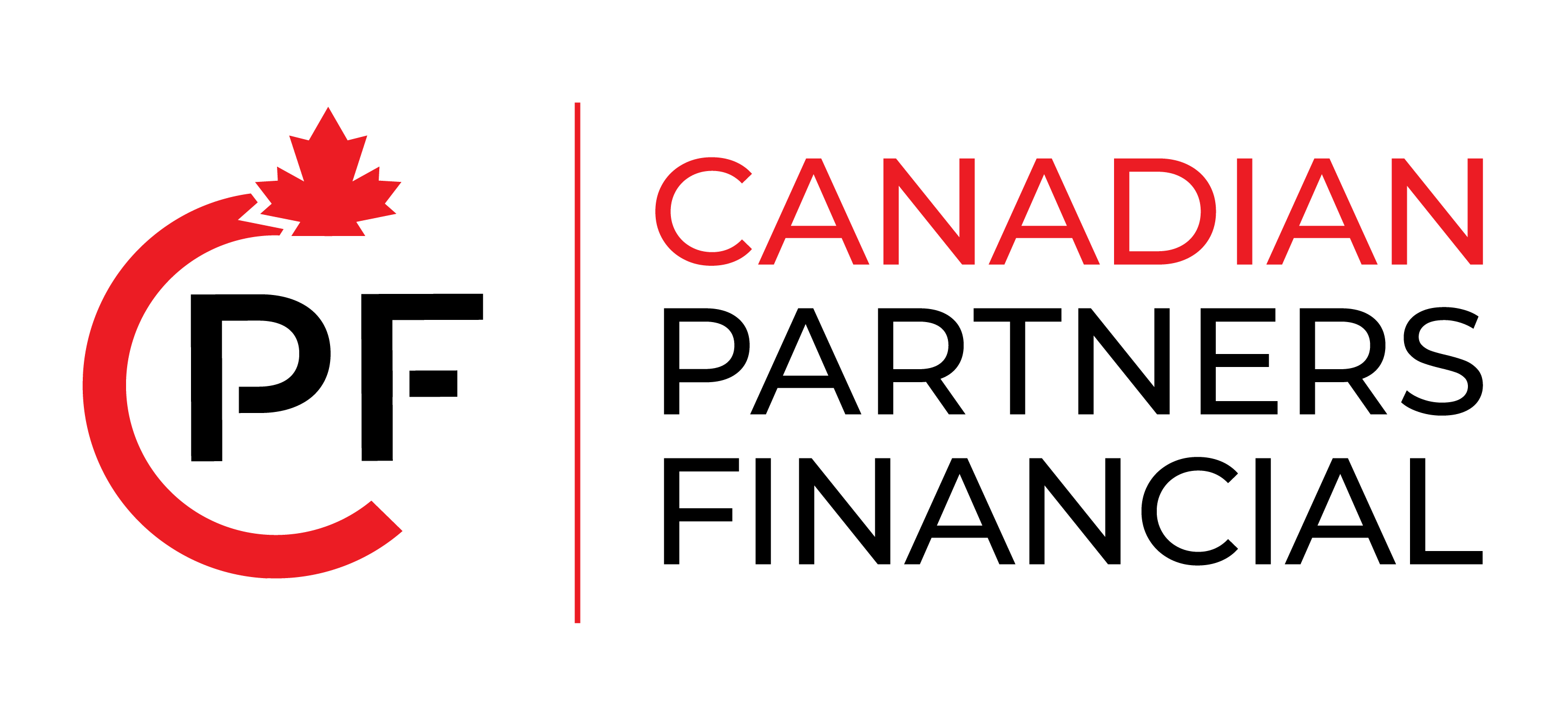Making smart financial decisions is essential for achieving financial stability and independence in Canada. Whether you’re just starting out or well into your career, it’s never too early or too late to start making better financial decisions. By following these tips, you can take control of your finances and work towards achieving your financial goals.
- Set financial goals: The first step in making smart financial decisions is to set clear and achievable financial goals. This could include saving for a down payment on a house, paying off credit card debt, or saving for retirement. Having clear goals in mind will help you stay focused and motivated as you work towards achieving them. It’s important to set both short-term and long-term goals, and to make them specific, measurable, and achievable. For example, instead of just saying “I want to save for a down payment on a house,” set a specific goal like “I want to save $50,000 for a down payment on a house within the next 5 years.”
- Create a budget: Once you have your financial goals in mind, create a budget that will help you reach them. A budget is a plan for how you will spend your money each month, and it should include all of your income and expenses. Make sure to include savings for your goals in your budget. When creating a budget, it’s important to be realistic and to take into account any unexpected expenses that may come up. Review your budget regularly and make adjustments as needed to ensure you stay on track.
- Track your spending: It’s important to know where your money is going so you can make adjustments as needed. Use a budgeting app or a spreadsheet to track your spending. This will help you see where you can cut back so you can reach your financial goals faster. By tracking your spending, you can identify areas where you may be overspending, such as dining out or subscription services, and make changes to your budget accordingly.
- Prioritize savings: Make sure you are putting money aside for savings each month. Start with an emergency fund and then save for your other goals. You should aim to save at least 10-15% of your income each month. It’s important to have an emergency fund in case of unexpected expenses such as car repairs or medical bills. An emergency fund should cover at least 3-6 months of living expenses.
- Invest wisely: Investing is a great way to grow your money, but it’s important to invest wisely. Consult a financial advisor or do your own research to understand different investment options such as stocks, bonds, mutual funds, and exchange-traded funds (ETFs). Diversifying your portfolio can help minimize risk and maximize returns. It’s important to understand the level of risk you are comfortable with and to invest accordingly.
- Manage debt: High levels of debt can be a major barrier to achieving financial goals. It’s important to manage your debt by paying off high-interest credit card debt and keeping your mortgage and student loan payments manageable. Make sure you are aware of the interest rates on your debts and how much you are paying in interest each month. Consider consolidating high-interest debt, such as credit card debt, into a lower-interest loan.
- Take advantage of government benefits: Canada offers a number of government benefits that can help you reach your financial goals. For example, the Canada Pension Plan (CPP) and Old Age Security (OAS) provide retirement income, while the Canada Child Benefit (CCB) helps families with the cost of raising children. Additionally, there are programs such as the Registered Retirement Savings Plan (RRSP) and Tax-Free Savings Account (TFSA) which provide tax advantages for saving for retirement and other financial goals. Make sure you take the time to understand these benefits and how they can help you reach your financial goals.
- Get insurance: Make sure you have the right insurance coverage to protect yourself and your family. This includes health insurance, life insurance, and disability insurance. Health insurance can help cover the cost of medical expenses, while life and disability insurance can provide financial support for your loved ones in case of unexpected events. It’s important to review your insurance coverage regularly and to make sure you have adequate coverage for your needs.
- Learn about taxes: The Canadian tax system can be complex, but understanding it can help you take advantage of deductions and credits that can save you money. Learn about the different types of taxes, such as income tax, sales tax, and property tax, and how they affect you. By understanding the tax system, you can make sure you are taking advantage of all available deductions and credits and minimizing your tax liability.
- Seek professional advice: If you have any questions about your finances or need help making a decision, don’t hesitate to seek professional advice from a financial advisor or accountant. They can provide you with the guidance and support you need to make smart financial decisions. A financial advisor can help you create a comprehensive financial plan that takes into account your goals, risk tolerance, and current financial situation. An accountant can help you navigate the tax system and ensure you are taking advantage of all available deductions and credits.
In conclusion, making smart financial decisions takes planning, discipline and knowledge. By setting goals, creating a budget, tracking your spending, investing wisely, managing debt and taking advantage of government benefits, you can achieve financial stability and independence. It’s important to keep learning, stay informed and to seek professional advice when needed. Remember that small steps can lead to big changes over time. Financial success is not a one-time achievement but a continuous process that requires constant monitoring and adjustments along the way. With discipline, commitment and a well-thought-out plan, you can achieve your financial goals and secure a stable financial future for yourself and your loved ones.
Legacy Banking™ is a safe, secure and tax-free way to build real and accessible liquid wealth for your children that they can borrow from to start a business, purchase a home or pursue a higher education. Legacy Banking™ for Children is the fastest growing alternative to RESPs and TFSAs in Canada. Visit www.canadianpartnersfinancial.com/legacybankingforchildren, complete the form in seconds, and receive your free illustration.
If you need assistance developing a financial roadmap or strategic wealth plan, don’t hesitate to contact a qualified financial advisor who can help you achieve your goals.

